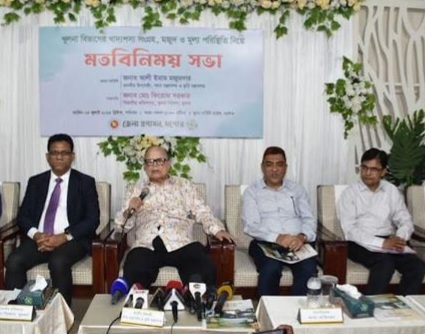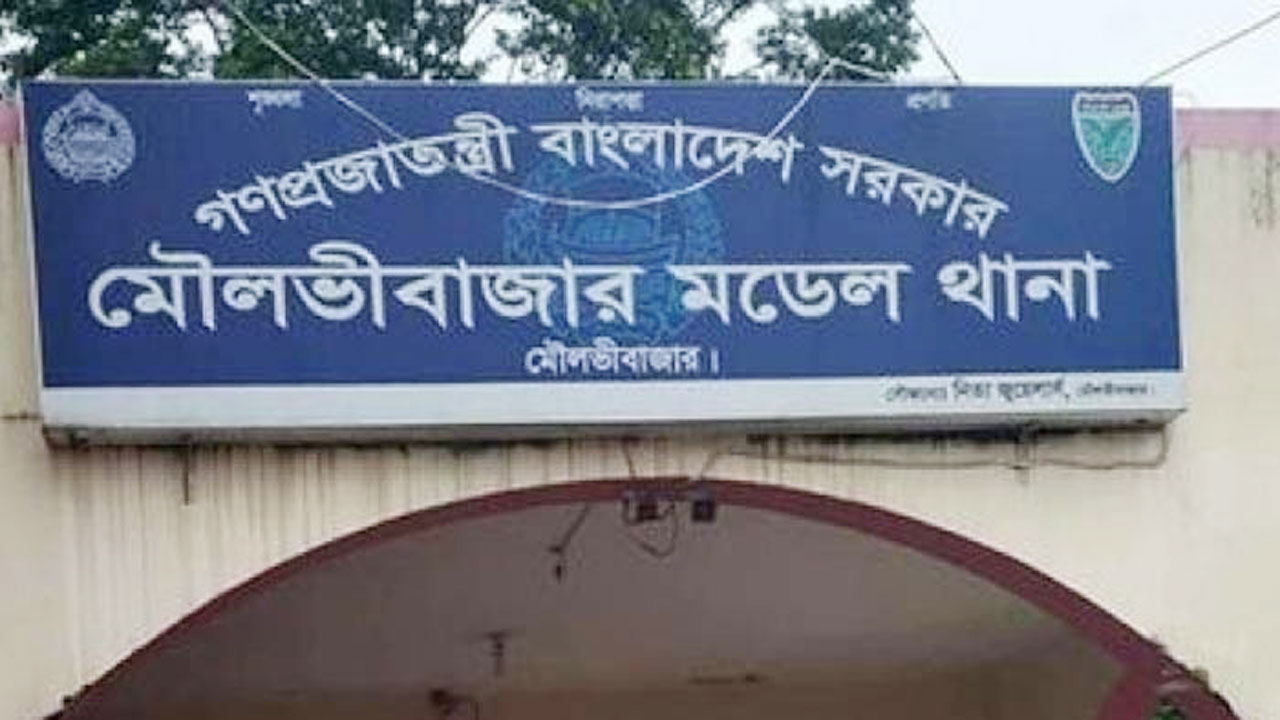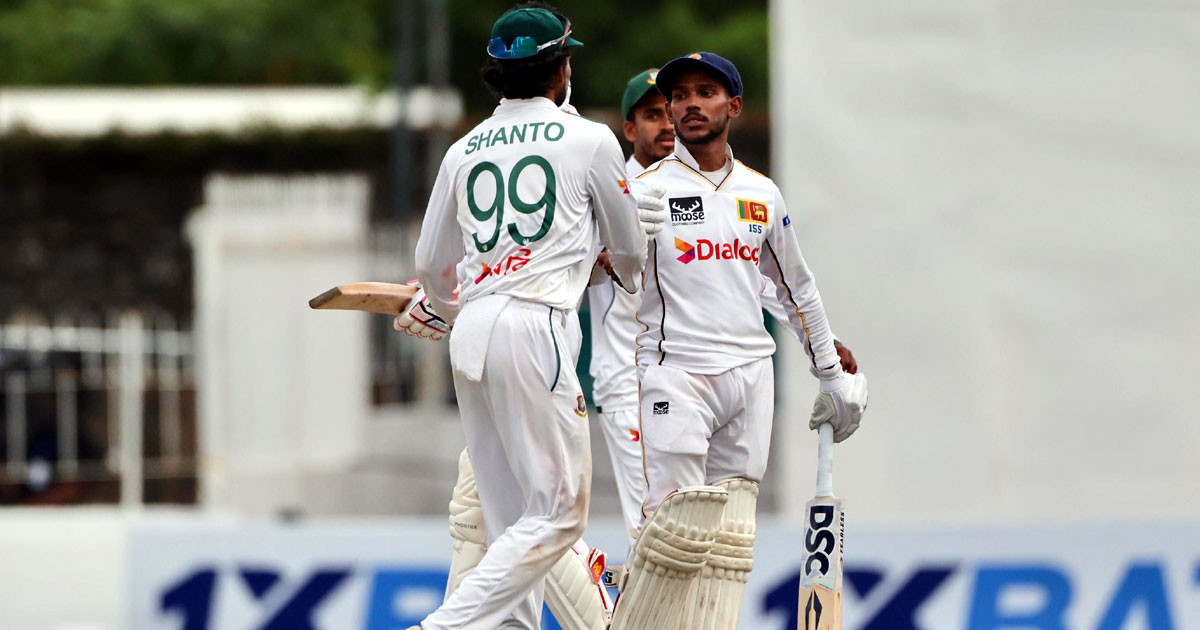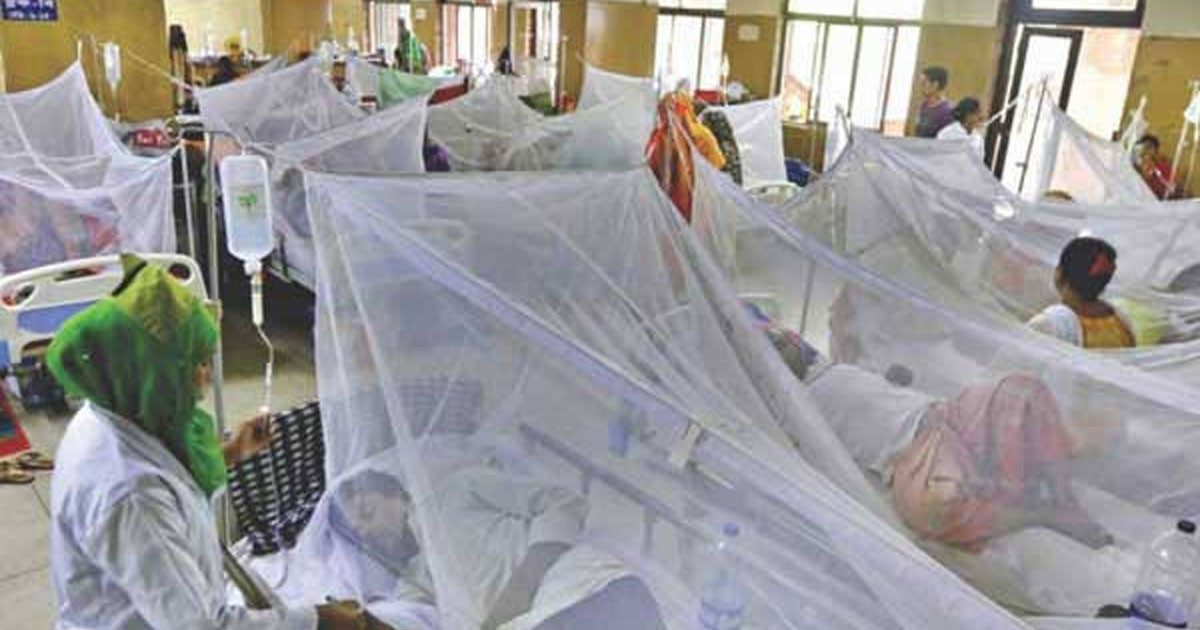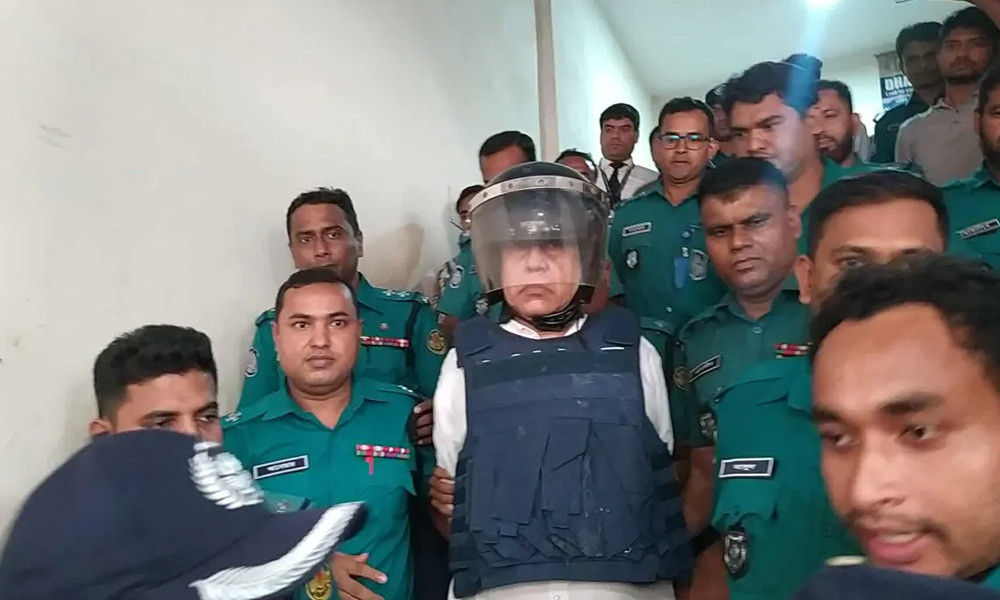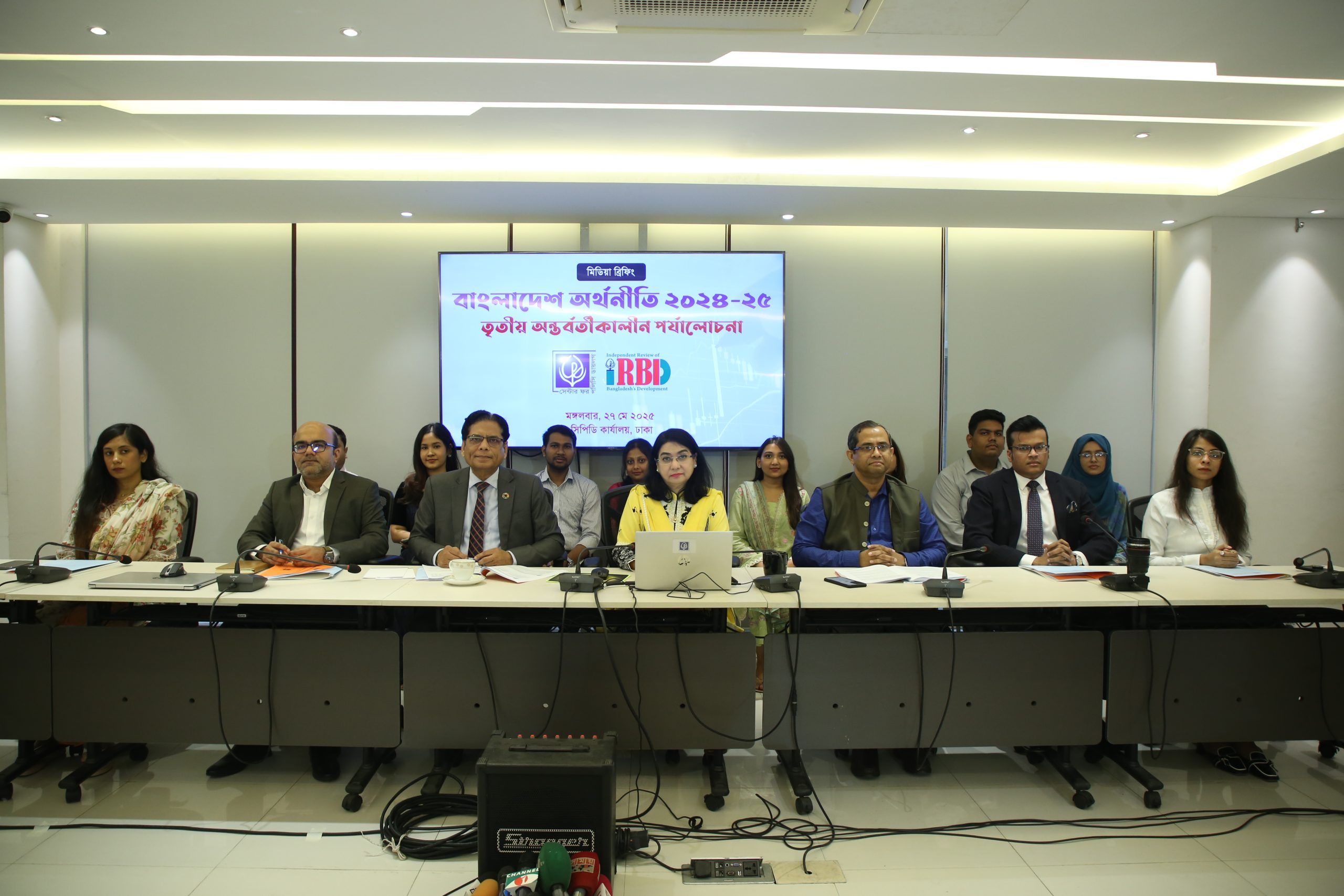
Centre for Policy Dialogue (CPD) Executive Director Dr Fahmida Khatun has said that the time has come for the government to announce a specific date for the upcoming national election, warning that prolonged political uncertainty is undermining investment, employment, and overall economic stability.
She made the remarks on Tuesday at a press conference in Dhaka, where CPD presented its third quarterly review of the Bangladesh economy.
“The government has already been in office for nine months. It is time to clearly state whether the election will be held in December, January, February, or March,” Dr. Khatun said. “This ambiguity must end.”
She stressed that political stability is a prerequisite for economic recovery. “No investor wants uncertainty. Without investment, there is no job creation, no income growth—and that’s how inequality and poverty deepen.”
CPD Distinguished Fellow Dr. Mustafizur Rahman echoed her concerns, stating that investment uncertainty will persist until the elections are concluded. “Although the government has held dialogues with business communities, genuine investor confidence remains elusive,” he said.
While acknowledging the government’s declared timeframe—from December to June—Dr. Rahman warned that critical reforms cannot be delayed. “It’s not guaranteed that investment will pick up right after the election. Reforms in the banking sector, the National Board of Revenue (NBR), and the energy sector must begin immediately. We cannot afford to wait to digitalize systems or strengthen BAPEX after the polls.”
He also called for immediate action to address the country’s gas supply crisis and emphasized that such structural issues require policy interventions, not political promises.
The CPD’s latest report, State of the Bangladesh Economy in FY2024–25 (Third Reading), presented a sobering picture of the nation’s fiscal health. The think tank projected a revenue shortfall of Tk 1.05 trillion (Tk 1,05,000 crore), warning that the target is unlikely to be met within the current fiscal year.
As of March 2025, revenue growth stood at just 2.8%, compared to 10.7% during the same period the previous year. To meet the annual target, revenue would need to grow by an improbable 64.6% in the remaining months.
“Fiscal space is narrowing,” said Dr. Khatun. “Overreliance on high-interest domestic borrowing may crowd out private sector investment.”
Inflation remains a pressing concern, hovering at 9.94%—the highest in over a decade—driven by supply chain disruptions and excessive money supply. A Granger causality test conducted by CPD confirmed a strong link between monetary expansion and rising inflationary pressure.
The banking sector also remains fragile. State-owned commercial banks have reported negative capital-to-risk-weighted asset ratios, and non-performing loans have surged to Tk 3.45 trillion—surpassing the annual budgets for education and health combined. CPD has urged the government to freeze the assets of loan defaulters, end repeated rescheduling, and reform management practices across financial institutions.
Meanwhile, the capital market remains stagnant, with no new IPOs in the past nine months. Investor confidence continues to lag due to persistent regulatory delays.
The worsening energy crisis poses another major threat. Domestic gas production is falling, while dependence on expensive LNG imports is increasing. CPD called for immediate investment in renewable energy and structural reform of regulatory bodies such as the Bangladesh Energy Regulatory Commission (BERC).
“There is no reason to wait until after the elections to take action,” said Dr. Rahman. “If we fail to act now, we’ll still be unprepared when the elections are over.”
Dr. Khatun also questioned the government’s recent approval of a new dearness allowance policy for public servants, which replaces the existing 5% special incentive. “Is this policy meant to appease bureaucrats?” she asked. “If only civil servants are shielded from inflation, the broader population will bear the burden.”
She noted that the new policy will increase government expenditure by approximately Tk 7,000 crore—an amount that warrants critical scrutiny in the context of a strained fiscal outlook.
CPD concluded that Bangladesh is facing deep structural challenges that require far-reaching reforms. “The government must pursue bold, sustained, and politically difficult measures,” said Dr. Khatun. “The economy is at a crossroads. The decisions made today will determine the direction of the country’s future.”
With the FY2025–26 national budget scheduled for release on June 2, CPD’s third reading sends a clear message: political clarity and decisive economic leadership are essential for steering Bangladesh through its current challenges.



